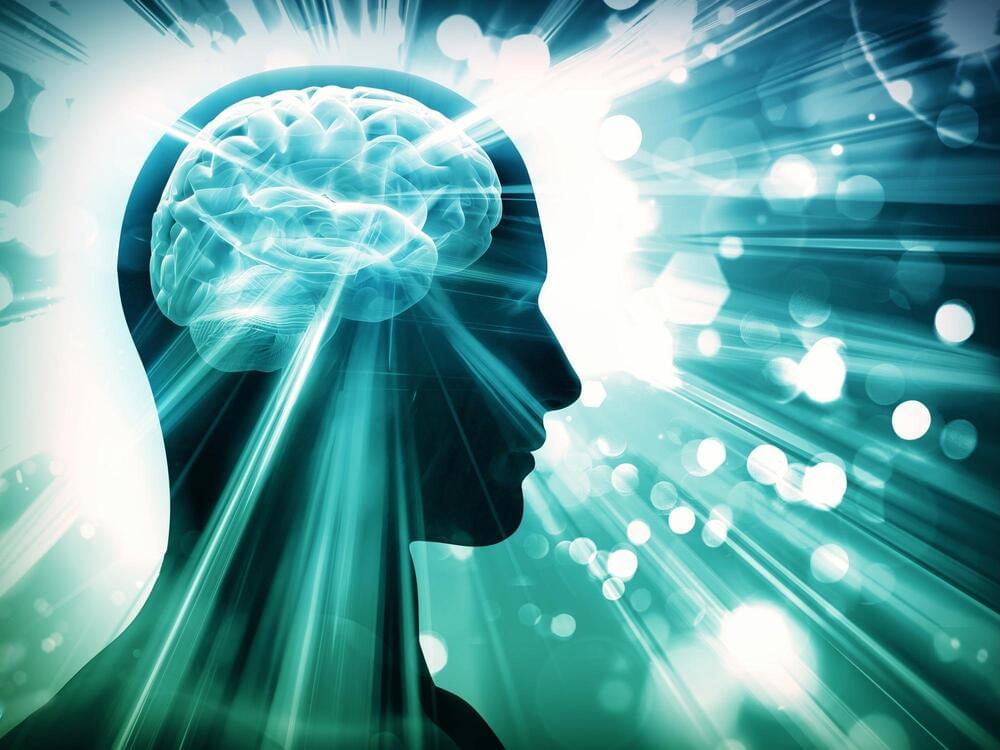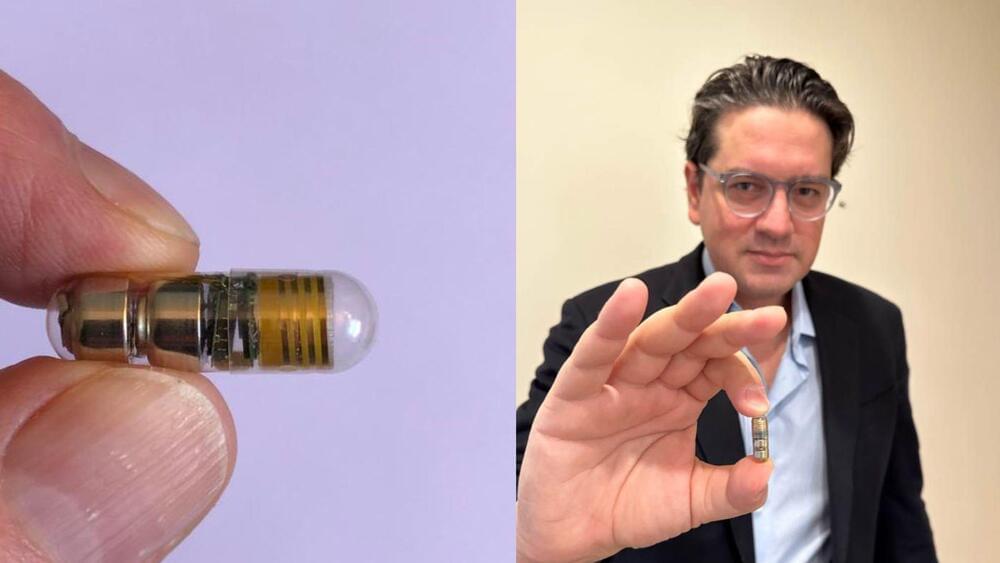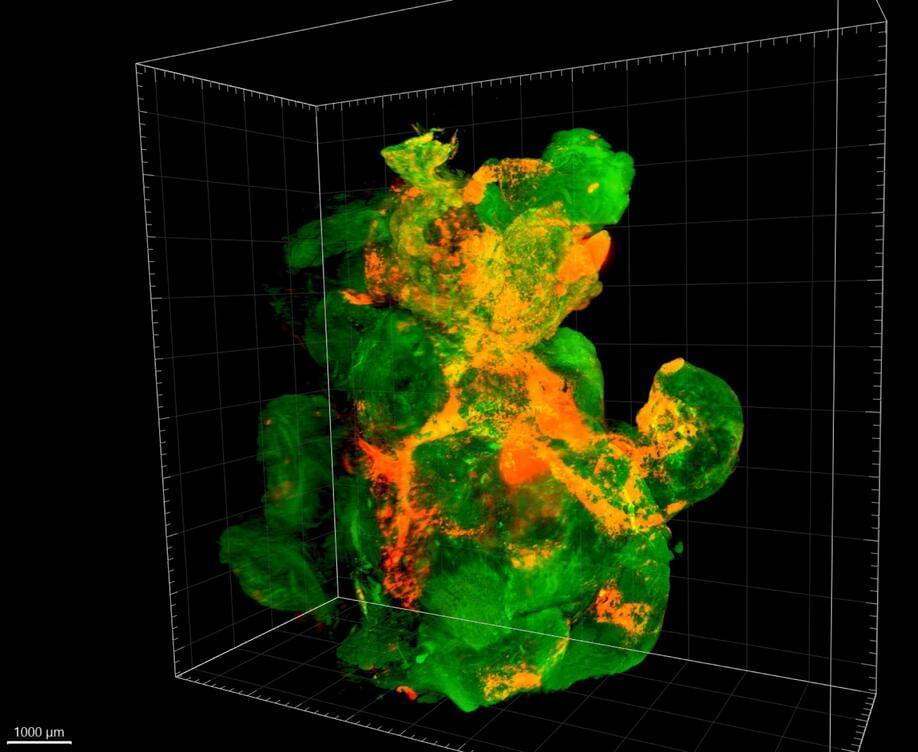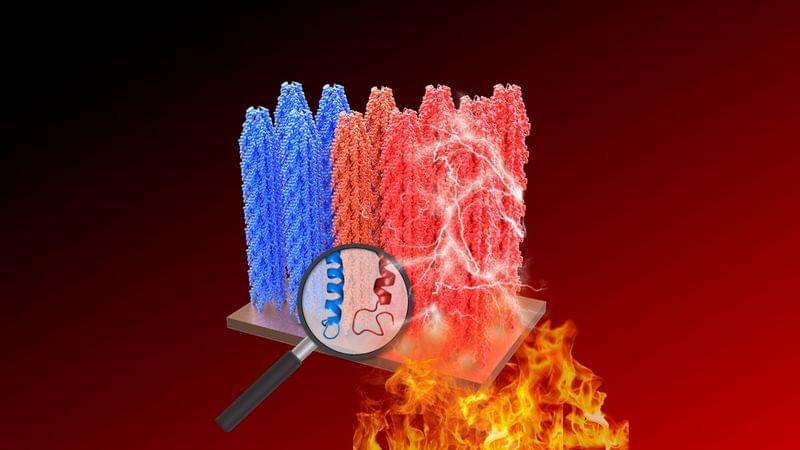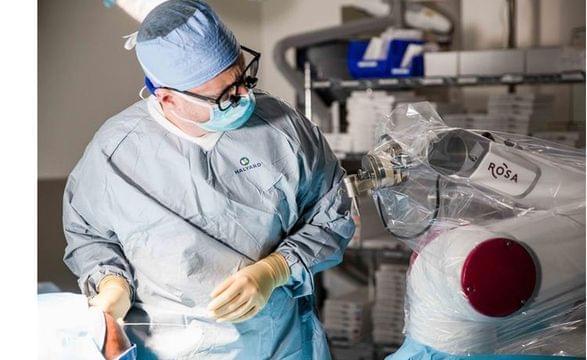Researchers from the Faculty of Medicine and Surgery at the Catholic University, Rome and the Fondazione Policlinico Universitario A. Gemelli IRCCS have developed an engineered protein that boosts memory.
Neuroscientists at the Faculty of Medicine and Surgery of the Catholic University, Rome, and the Fondazione Policlinico Universitario Agostino Gemelli IRCCS have genetically modified a molecule, the protein LIMK1, which is normally active in the brain, with a key role in memory.
They added a “molecular switch” that is activated by administering a drug, rapamycin, known for its several anti-aging effects on the brain.
